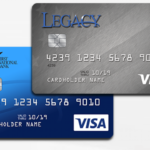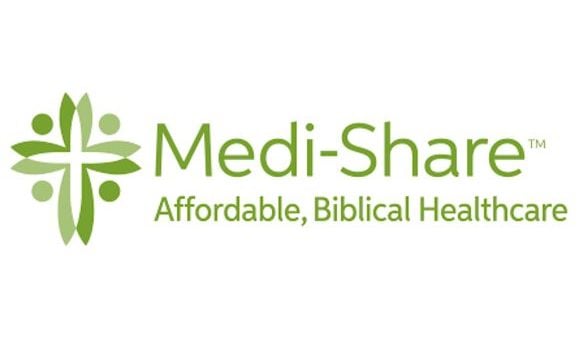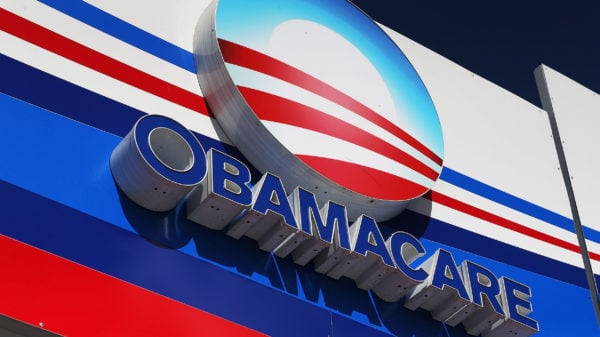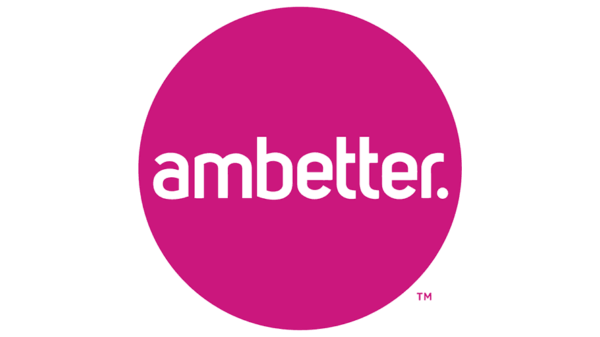Millennials make up about one-third of the labor force in the US and about 50% of the global workforce. And they are also the most underinsured generation.
Why?
This is because millennials are likely to have more financial troubles than health problems. Millennials fall under the ages of 25 and 40, and while not exactly the prime of their youth, they tend to be quite healthy. If they don’t have coverage under their employer, they might opt not to buy medical insurance at all, which can be a very costly mistake.
Finding The Right Medical insurance As A Millennial
Ideally, you should seek medical insurance from your employer. They tend to have group plans where you are liable to pay a comparatively small sum than you would have as an individual. But if your employer doesn’t offer health insurance plans or you are a freelancer/gig-worker, you can look into other options. If you are married, you might seek coverage under your spouse’s plan. If you are young enough, you might still be eligible for coverage under your parent’s plan.
But if you have to shop around for medical insurance, there are a few things you have to keep in mind.
First, analyze your healthcare needs and potential future developments. If you are fit, you work out, have an active lifestyle, a relatively stress-free job, and personal life, and no major hereditary diseases, you are unlikely to develop a health condition that requires you to frequently visit a physician. In that case, a basic accidental and inpatient coverage might be fine.
But if you are already on medication or a stressful job or sedentary lifestyle might be pushing you towards an unhealthy future, it might be a good idea to look into more comprehensive coverage. Millennials planning on starting a family should also factor that in as well.
The first choice you’d have to make would be regarding the right option:
High Deductible: If you believe that you are unlikely to use your coverage anytime soon and you don’t want to pay hefty premiums, you might choose a low-deductible plan. It will allow you to save on the monthly cost of your insurance policy, but you will have to come up with a hefty sum if you need to use your medical plan. It’s a simple cost trade-off between monthly premiums and out-of-pocket expenses.
Low Deductibles: If you don’t have savings/safety nets and you believe that high deductibles can push you over the financial edge, and you don’t mind paying a sizeable sum every month as a premium, then choosing a low deductible policy might be wiser.
Balanced: A balanced option will try to give you the best of both worlds, and in most cases, it would be the smarter choice, with predictable, if somewhat high premiums and affordable out-of-pocket costs.
Conclusion
The best way to get optimal coverage while paying a relatively affordable premium is to do your research. Your good health should work in your favor, and you should only pay for coverage that you might actually need and nothing more. So do your research and shop around for the right medical insurance policy.
























































